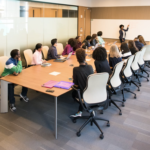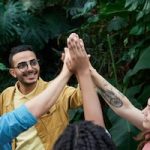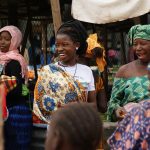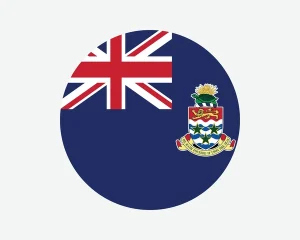
Free Consultation
Click the link below to get a free consultation with one of our Leve Global Experts
Champions of Inclusive Development
Leve Global has built its reputation on the foundation of inclusive, participatory development. Our firm applies globally recognized stakeholder participatory methodologies that ensure tourism strategies and action plans are co-created with communities, public and private stakeholders, and civil society—not imposed upon them. We understand that sustainable tourism is only possible when it reflects the values, aspirations, and voices of the people it is meant to serve.

















We are trained in and have successfully applied the Goal Oriented Project Planning (GOPP) technique, Mendelow’s Matrix stakeholder mapping, Delphi-style consensus building, and appreciative inquiry methods in dozens of projects across the Caribbean, Africa, and the Indian Ocean. These methods allow us to navigate complex stakeholder environments, build trust, identify shared priorities, and resolve competing interests to develop coherent, actionable strategies.
In the BIOREACH Project in Trinidad and Tobago (2024), Leve Global facilitated multi-stakeholder workshops with government agencies, local farmers, NGOs, and environmental groups using structured participatory methods. These sessions resulted in a shared communication strategy for biodiversity conservation and agroecological land restoration, supported by a stakeholder-driven Communications Toolkit. Our approach included stakeholder mapping and engagement using Mendelow’s Matrix methodology, ensuring effective outreach to government agencies, private sector actors, environmental NGOs, and local farming communities.
During the development of the South-East Coast Responsible Tourism Strategy for Saint Lucia, our team facilitated consultations across six rural communities, using participatory tools to help residents define their vision for tourism, assess their assets, and identify the types of tourism they wanted to attract. These sessions informed both the strategic priorities and the implementation framework, ensuring strong community ownership and buy-in for the final strategy.
In the Cayman Islands, we applied participatory methods to engage over 1,300 stakeholders through surveys, interviews, and in-person workshops to inform the development of the National Youth and Sport Policies. This process ensured that local businesses, community leaders, youth organizations, sports organizations, and government agencies were active collaborators—not just beneficiaries—in the final policies.
Our participatory process typically includes:
Inclusive by Design
We also ensure that our participatory approach is gender-sensitive, youth-inclusive, and culturally appropriate, with special consideration given to vulnerable and marginalized groups. The result is not just consultation—but co-ownership, leading to stronger implementation, reduced resistance, and long-term sustainability of tourism initiatives.
 “Very stakeholder-driven and engaging. Efficient and effective. I would definitely recommend their services.”
“Very stakeholder-driven and engaging. Efficient and effective. I would definitely recommend their services.”
Ministry of Youth Sports and Heritage – Cayman Islands

Click the link below to get a free consultation with one of our Leve Global Experts
Stay up to date with our exciting content.
Contact
#8 Dove Drive
P.O. Box 6154
Pax Vale
Santa Cruz
Trinidad and Tobago
West Indies
Tel. +1 868 676 61 65
Disclaimer: If you require any more information or have any questions about our site’s disclaimer, please feel free to contact us,
All the information on this website is published in good faith and for general information purpose only. Website Name does not make any warranties about the completeness, reliability and accuracy of this information. Any action you take upon the information you find on this website (Website.com), is strictly at your own risk. will not be liable for any losses and/or damages in connection with the use of our website.
From our website, you can visit other websites by following hyperlinks to such external sites. While we strive to provide only quality links to useful and ethical websites, we have no control over the content and nature of these sites. These links to other websites do not imply a recommendation for all the content found on these sites. Site owners and content may change without notice and may occur before we have the opportunity to remove a link which may have gone ‘bad’.
Please be also aware that when you leave our website, other sites may have different privacy policies and terms which are beyond our control. Please be sure to check the Privacy Policies of these sites as well as their “Terms of Service” before engaging in any business or uploading any information.
Consent: By using our website, you hereby consent to our disclaimer and agree to its terms.
Update: Should we update, amend or make any changes to this document, those changes will be prominently posted here.
Responsible for the Leve Global Website: Kevon Wilson
Join the many people for fresh knowledge as soon as it’s published.
We promise never to share, trade, sell, deliver, reveal, publicize, or market your
email address in any way, shape, or form.